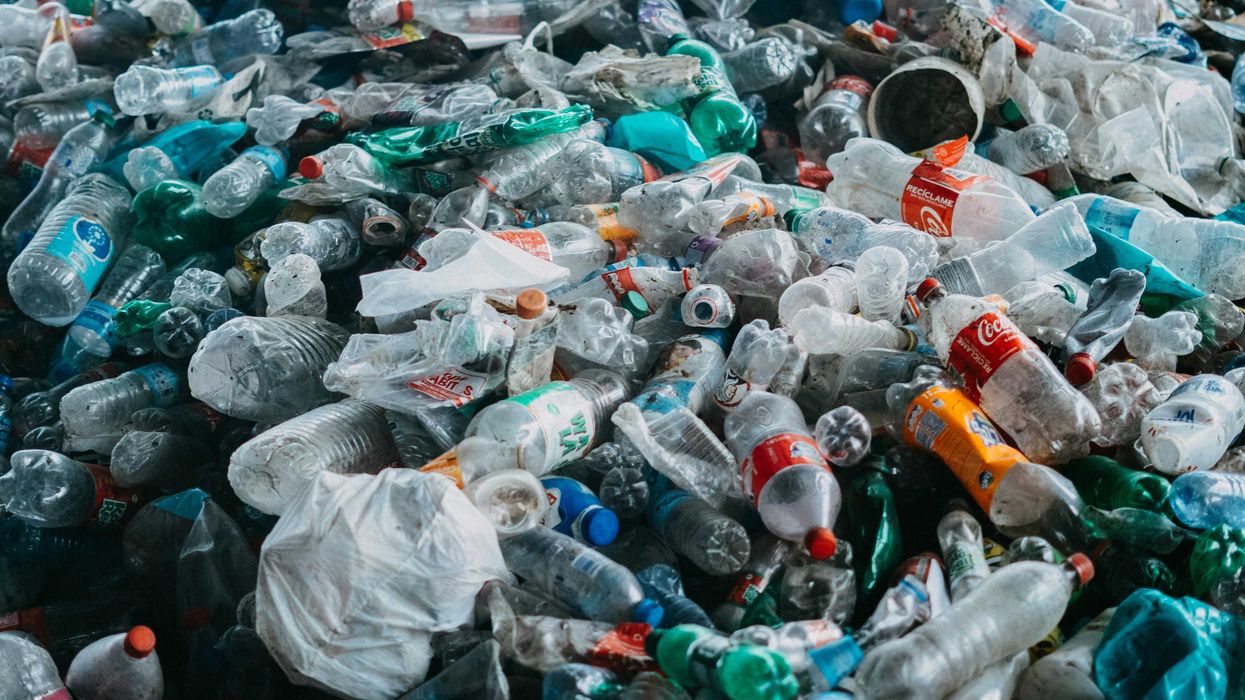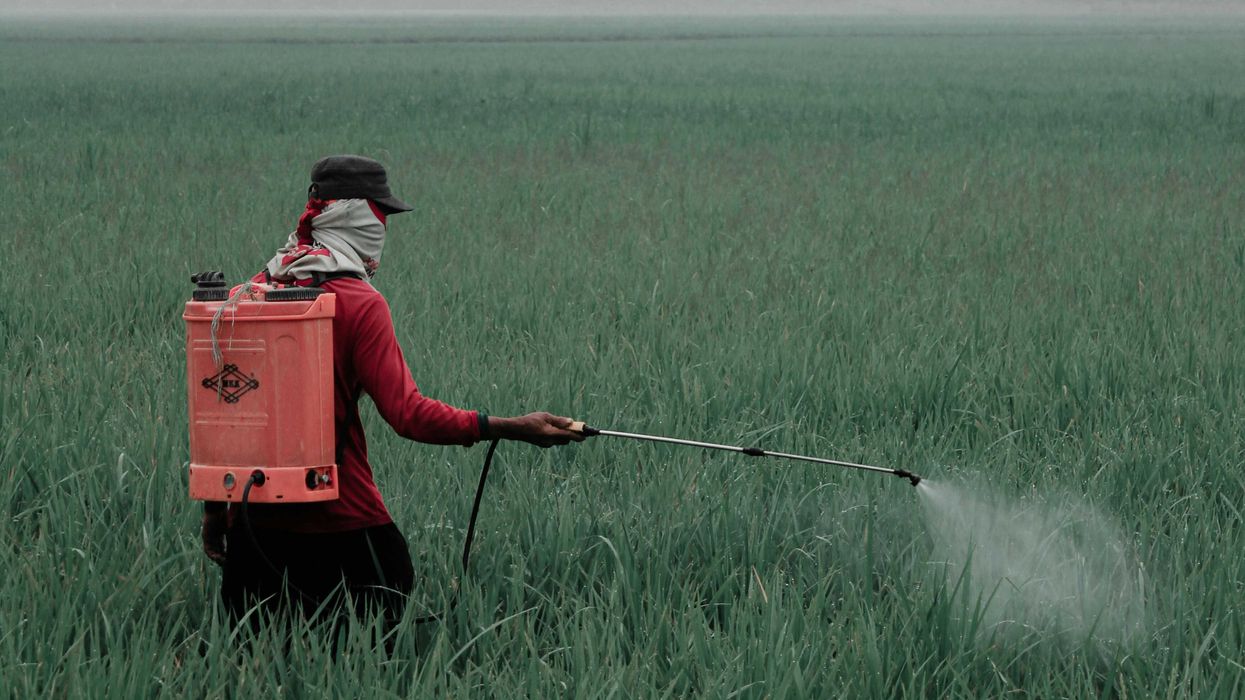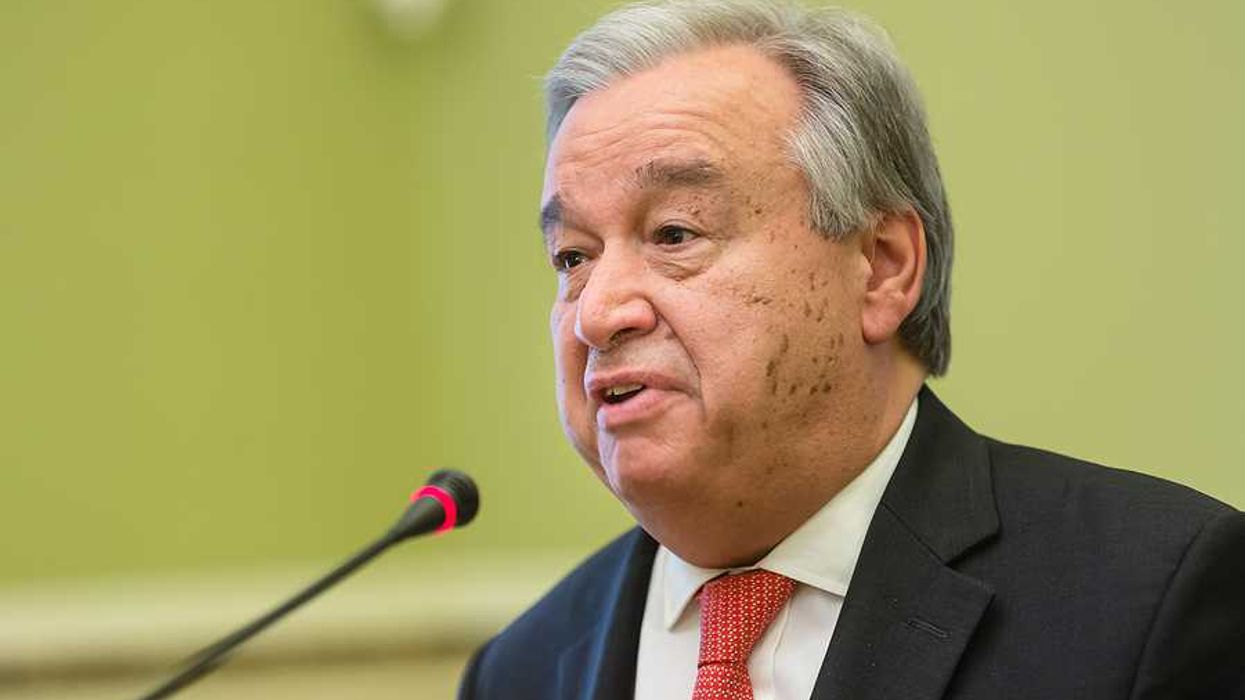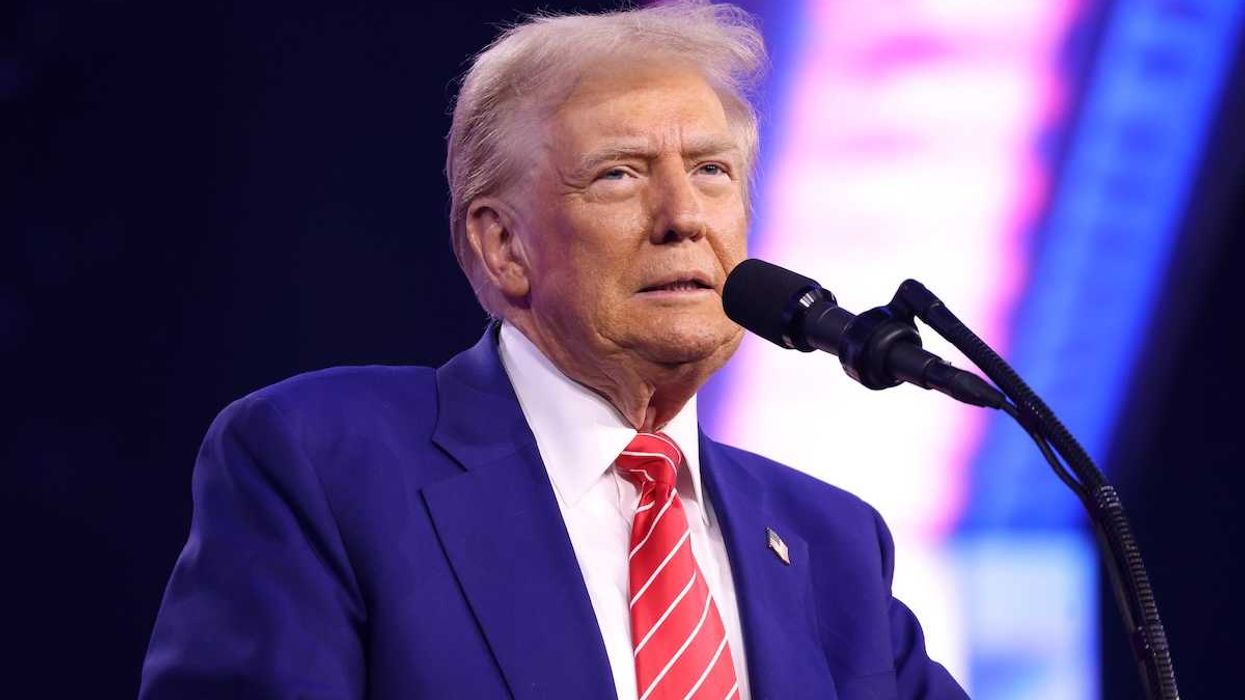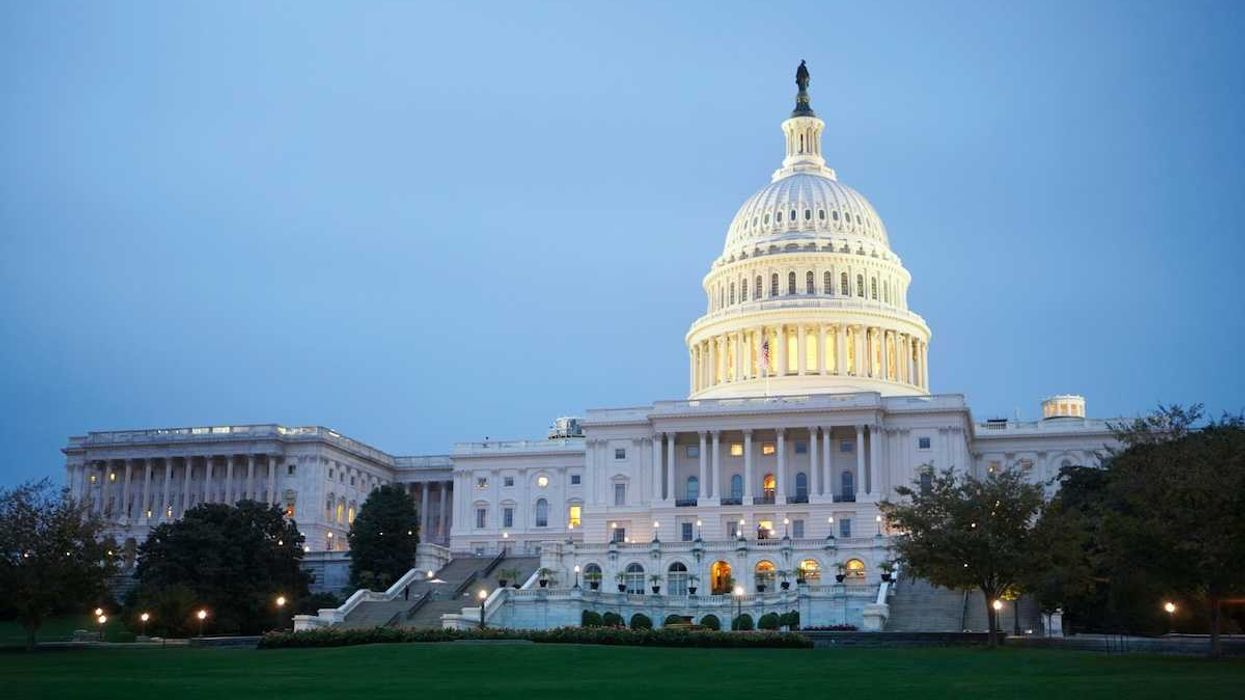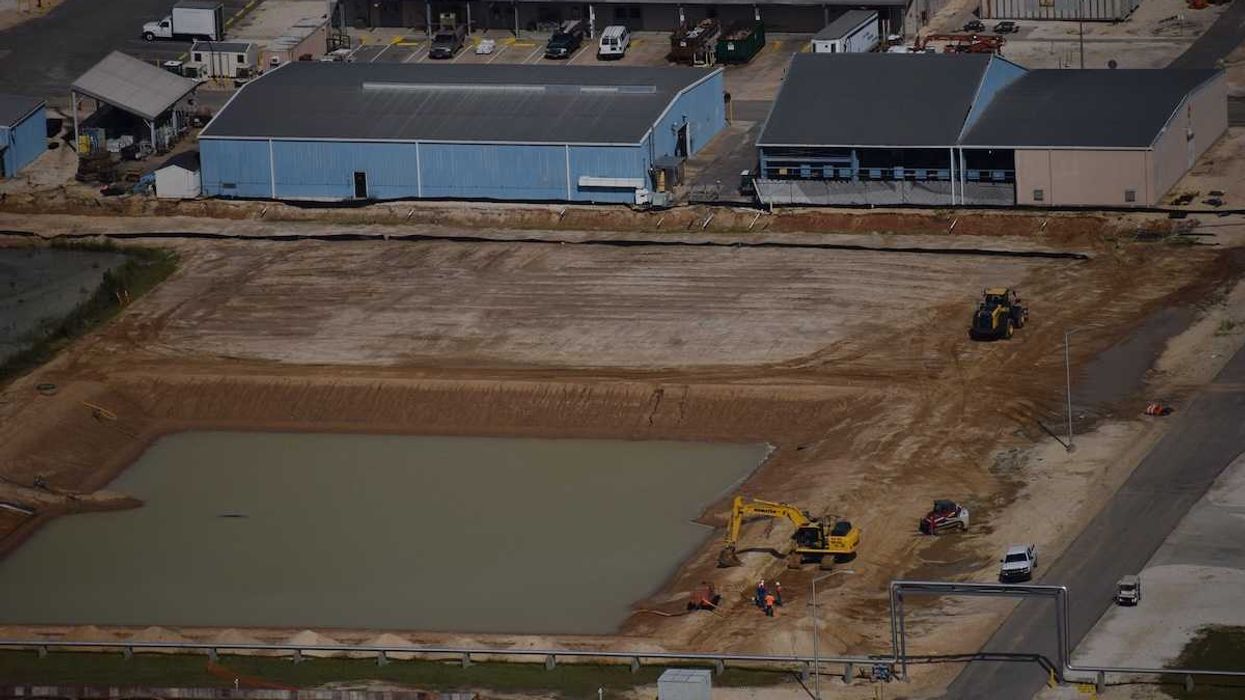Washington Post reporter Michael J. Coren writes about how to choose the best way to grill for the climate.
In a nutshell:
Charcoal, a staple for backyard barbecues, is a murky industry with little transparency and potential environmental and health concerns. Charcoal production contributes to deforestation in tropical countries, and studies have found heavy metals in charcoal briquettes. While most charcoal brands in the United States are safe, consumers can make better choices by considering options such as using hardwood embers, supporting eco-friendly charcoal producers like Good Charcoal Co., or opting for propane or electric grills, or even solar cookers, for convenience and environmental benefits.
Key quote:
Jonathan Rosenberg, the general manager at Supperland in Charlotte, feeds more than 250 people a day from a 14-foot wood-fired grill. “We want really controlled heat sources,” he says “We don’t use briquettes, which have a lot of additives.”
The big picture:
Greenhouse gas emissions from grills and barbecues are minimal; since meat drives 57 percent of all food product emissions, what you grill is more important than how you cook it. However, studies have revealed that certain charcoal briquettes may contain heavy metals, which can pose risks when consumed through food cooked over them. In addition, the production of charcoal often leads to deforestation in tropical regions, exacerbating environmental concerns. While many charcoal brands in the United States are considered safe, it is essential to be aware of the potential health and environmental implications associated with the use of charcoal in barbecues.
Read more about your grilling options at the Washington Post.
Interested in learning more about how our food choices can help (or harm) the environment? Check out this article by Bill Schlesinger, providing ways to reduce the environmental impact of your morning coffee.


